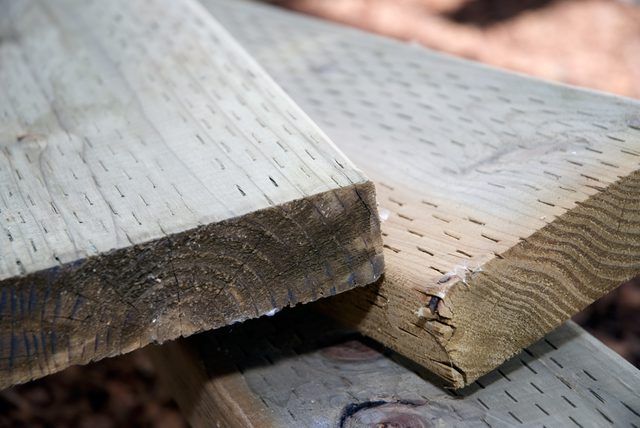Bulbs
Flower Basics
Flower Beds & Specialty Gardens
Flower Garden
Garden Furniture
Garden Gnomes
Garden Seeds
Garden Sheds
Garden Statues
Garden Tools & Supplies
Gardening Basics
Green & Organic
Groundcovers & Vines
Growing Annuals
Growing Basil
Growing Beans
Growing Berries
Growing Blueberries
Growing Cactus
Growing Corn
Growing Cotton
Growing Edibles
Growing Flowers
Growing Garlic
Growing Grapes
Growing Grass
Growing Herbs
Growing Jasmine
Growing Mint
Growing Mushrooms
Orchids
Growing Peanuts
Growing Perennials
Growing Plants
Growing Rosemary
Growing Roses
Growing Strawberries
Growing Sunflowers
Growing Thyme
Growing Tomatoes
Growing Tulips
Growing Vegetables
Herb Basics
Herb Garden
Indoor Growing
Landscaping Basics
Landscaping Patios
Landscaping Plants
Landscaping Shrubs
Landscaping Trees
Landscaping Walks & Pathways
Lawn Basics
Lawn Maintenance
Lawn Mowers
Lawn Ornaments
Lawn Planting
Lawn Tools
Outdoor Growing
Overall Landscape Planning
Pests, Weeds & Problems
Plant Basics
Rock Garden
Rose Garden
Shrubs
Soil
Specialty Gardens
Trees
Vegetable Garden
Yard Maintenance
Treated Lumber and Raised Beds
Whether or not pressure-treated wood will harm your raised garden is an open question. There are many alternatives.
Gardeners have been using old railroad ties and other types of pressure-treated lumber for years to make raised beds, but the dangers of that practice were highlighted by the U.S. Environmental Protection Agency's 2003 decision to ban the sale of certain types of pressure-treated lumber for residential use. The types of treated lumber that are still on the market aren't as hazardous, but you should avoid them all if you want to grow organic produce.

CCA-Treated Wood No Longer Available
The EPA banned the use of chromated copper arsenate, or CCA. The compound imparts a greenish hue to the wood, and it causes the release of copper and arsenic into the soil. Arsenic is a hazard in any type of garden. Old railroad ties may contain this chemical, and if they are very old, they may have lost much of their preservative. That means they could present a reduced hazard, but they are best avoided.
Modern Pressure-Treatment Chemicals
Modern pressure-treatment chemicals include alkaline copper quat, or ACQ, and copper azole, or CA-B, which turn the wood brown. Wood treated with these chemicals is available under a number of brand names, including NatureWood, Preserve and Natural Select. Both treatments contain copper, which is fatal to plants in high concentrations; whether the concentrations available from pressure-treated lumber are high enough to do harm is an open question. FineGardening.com notes that Sally Brown, a researcher at the University of Washington, believes the risk is "minimal." Miles McEvoy, who works with the Washington State Department of Agriculture, notes in "Fine Gardening" that you cannot certify any of your garden produce as organic if the soil is in contact with pressure-treated wood.
Alternatives to Pressure-Treated Wood
When you're building a deck or a fence, pressure-treated lumber is a must, and it can add years of life to your raised bed frames. Because of the undesirability of the chemicals it can release into the soil, however, you may want to consider alternatives:
Naturally Resistant Lumber -- Both redwood and cedar contain natural oils and tannins that make them resistant to rot. They last many years longer in contact with the ground than other species.
Acetylated Wood -- Acetylation is a process whereby the chemical structure of the wood is altered by treating it with acetic anhydride, which is derived from the acetic acid in vinegar. The process renders wood undigestible to micro-organisms, greatly increasing the wood's life span.
Bricks, Stones, Blocks and Pavers -- Construct the sides of your raised bed by stacking bricks, stones, concrete blocks or pavers.
Boric Acid Treatments -- Painting wood with a solution of boric acid and water repels insects and deters rot. At least once company offers wood pressure-treated with borates in the United States, and more may follow.
Composite Lumber -- Building your raised beds from used composite lumber is a great way to return this difficult-to-recycle material into service. Because composite lumber contains a high percentage of plastic resins, it can last for many years underground without rotting,
Tip
For more information on types of wood that are suitable for raised beds, see Raised Garden Beds: Wood Types.